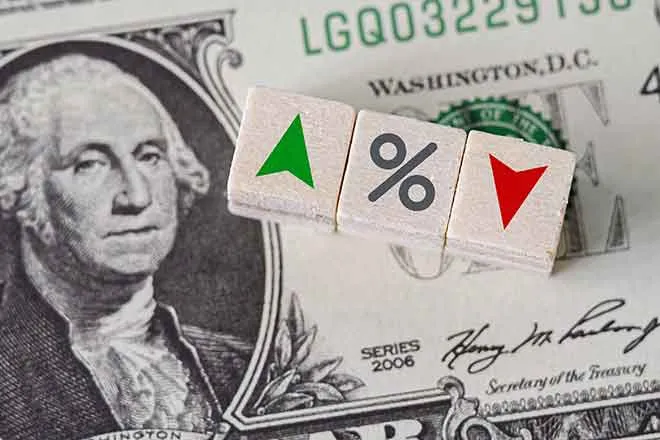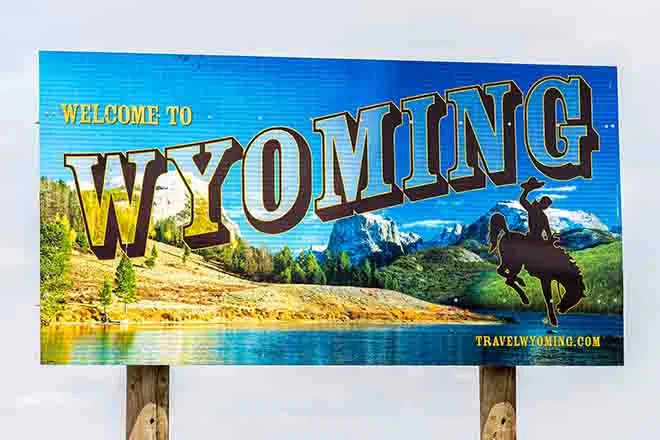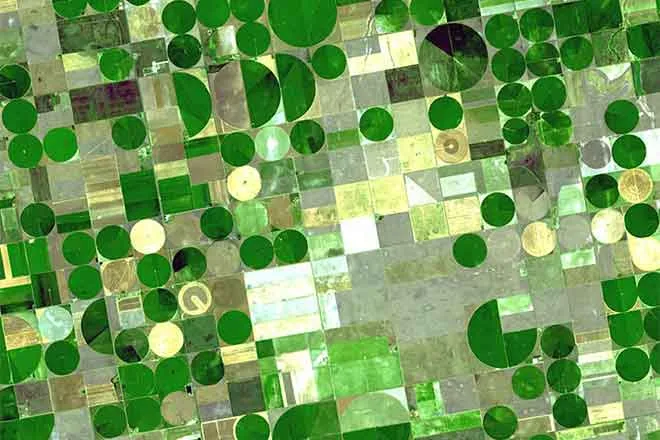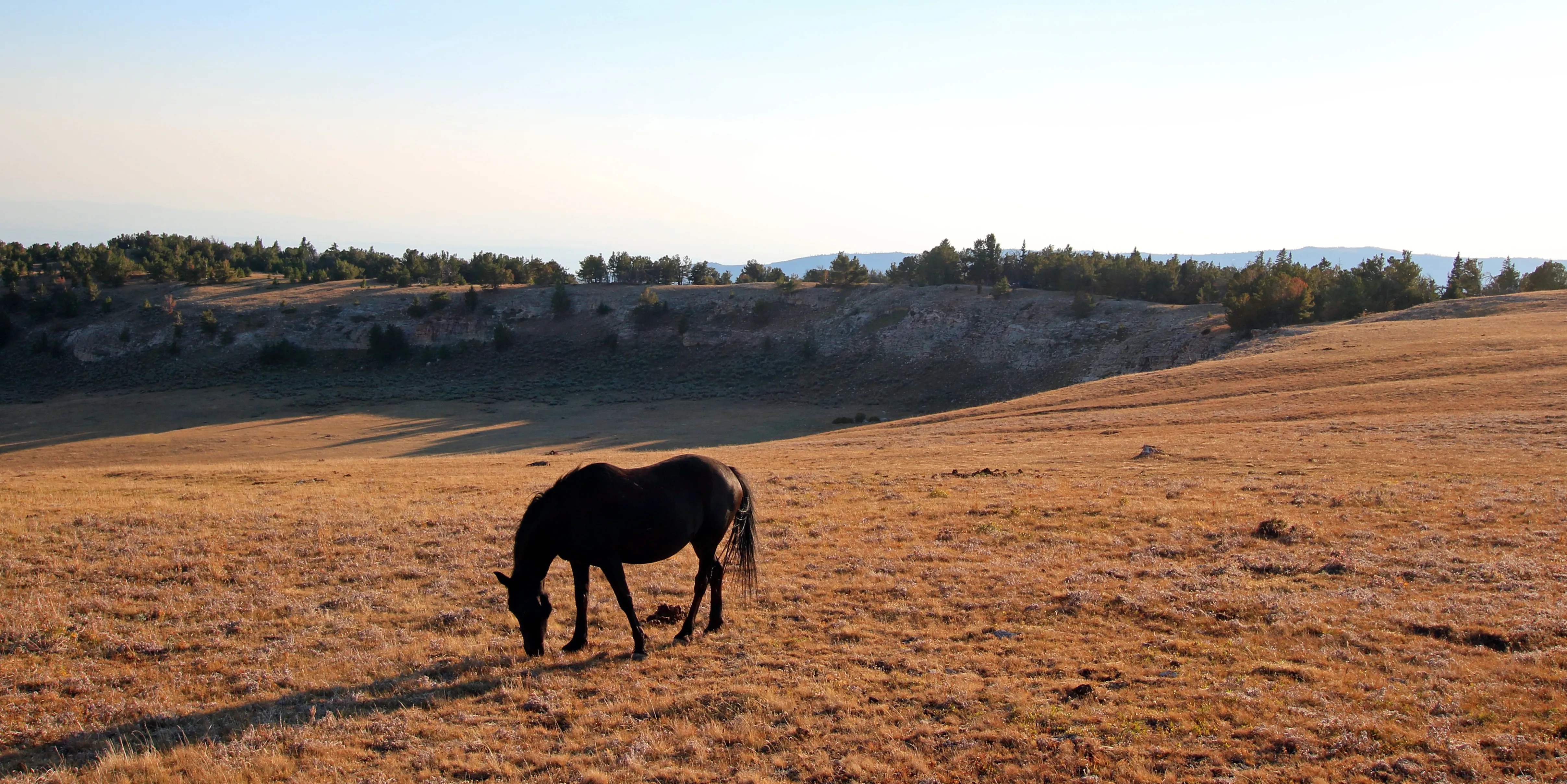
Daily Audio Newscast - September 12, 2024
News from around the nation.
Hurricane Francine makes landfall in Louisiana as a Category 2 storm; EPA awards climate grant to Connecticut Indigenous tribal nation; Iowa releases 'Condition of the State' report on clean energy goals; America's 2-decade-long housing shortage needs a fix.
Transcript
The Public News Service Daily Newscast, September the 12th, 2024.
I'm Mike Clifford.
Hurricane Francine made landfall in Louisiana as a Cat 2 storm Wednesday afternoon.
With the National Hurricane Center warning, it could cause potentially widespread power outages and yield life-threatening storm surge.
The report from Axios that the storm made landfall in Terrebonne Parish, about 30 miles south-southwest of Morgan City, with maximum sustained winds estimated to be near 100 miles an hour.
They note a slew of hurricane storm surge, tropical storm and coastal flood watches, and warnings are in effect in Louisiana, Mississippi, and Alabama.
Next, the Mashinpucket Pico Tribal Nation has been awarded a grant to cut climate pollution.
It's part of the Environmental Protection Agency's Climate Pollution Reductions Grant Program.
The funding will be spent on installing electric vehicle charging stations at government buildings around the reservation.
Rahim Eliezer with the Mashinpucket Pico Tribal Nation hopes to install at least a dozen charging stations.
He says the funding will help them reduce emissions in other ways.
We're also hoping to electrify some of the governmental fleet vehicles.
We're hoping to do 13 of those, whether it's hybrid or fully electric vehicles.
Another project for the grant funding involves helping 34 people living on the reservation convert or support their gas-powered cars through a rebate program.
He says reducing pollution from transportation has substantial health benefits.
Connecticut's worsening air quality has increased asthma rates for Mashinpucket Pico tribe members.
While the grant runs for five years, each project has its own timeline.
I'm Edwin J. Vieira.
He says creating a microgrid is also an option, with interest being shown by the community in diversifying energy generation.
Meantime, alternative energy advocates say Iowa is making significant progress on reaching its green power goals by the year 2035.
The Iowa Environmental Council took the unusual step of hosting a condition of the state webinar to announce the areas where Iowa is making progress on reaching its alternative energy goals.
The IEC's Steve Geier says solar and wind top the list.
Overall in 2019, we actually started generating more wind in the state than we actually got from our coal plants in the state.
And that actually is continuing, where the coal plant generation is going down and wind is going up.
Iowa is among the nation's leading producers of wind energy, despite pushback from some farm groups.
Geier adds beyond the economic benefits of alternative energy, there are air and water quality implications too, both of which he says has improved with the increase in green power.
I'm Mark Moran.
Iowa is getting help from the Federal Inflation Reduction Act to invest in alternative energy sources, but the report says none of the utilities in Iowa are taking what it calls adequate steps to achieve a carbon-free energy sector by 2035.
This is Public News Service.
Next up, we head to New Mexico, where houses cost less to buy than in many other states, but there's also less inventory.
Allie Wolfe with the data and consulting firm Zonda says in the three years leading up to the 2008 Great Recession, home builders started about two million homes a year.
Because the pandemic followed the financial crisis, she says housing starts never fully rebounded.
So we are seeing reasonable levels of growth, a lot more construction in the southeast and the southwest, but these regions are really trying to play catch up with the amount of in-migration that they've seen.
Since 2010, builders nationwide have started about one million new homes a year on average, far below the 1.6 million needed to keep up with population growth.
I'm Roz Brown.
If elected Democratic presidential nominee Kamala Harris has promised financial assistance for both first-time homebuyers and developers who build their housing.
And Arizona Secretary of State Adrian Fortes testified before Congress on Wednesday about the state of our election system.
He says public confidence in the process has been discredited, leading to increased threats against election workers.
He adds that election administrators have not received sustained and dependable federal funding, even after being declared critical infrastructure by the Department of Homeland Security.
Do the same for highways and dams and railroads and see what happens.
We implore you, please consider.
If this is such a big deal and if it is so important that we continue to have free, fair and secure elections, fund them.
Despite the federal government having sought to improve election administration through a grant program called the Help America Vote Act, unpredictable funding levels have left state officials unable to adequately plan budgets.
Fortes says rising misinformation surrounding elections, as well as threats against election workers, make the grants especially important.
I'm Alex Gonzalez reporting.
Finally for Eric, take it off.
Groups in Oregon are warning that wolf poaching poses a threat not just to the creatures targeted, but to people who enjoy the outdoors as well.
Poaching was a big issue in 2023 and again this year, especially through poisoning.
Bethany Cotton with Cascadia Wildlands says the wolf population didn't grow in 2023 for the first time since the species returned to the state.
And a high rate of deaths has continued in 2024, largely caused by humans.
In May, the Oregon Department of Fish and Wildlife started warning recreationists to keep their dogs on leashes because of potential exposure to poisoning meant to illegally kill wolves.
Cotton says she decided against visiting eastern Oregon because of this.
I have two rescue dogs and I was invited to some friends property out there and spend some time out there this summer and I chose not to go because it's too high a risk.
This is Mike Clifford for Public News Service, member and listener supported.
Hear us on interesting radio stations, your favorite podcast platform.
Find our content and trust indicators at publicnewsservice.org.
Thank you.
















